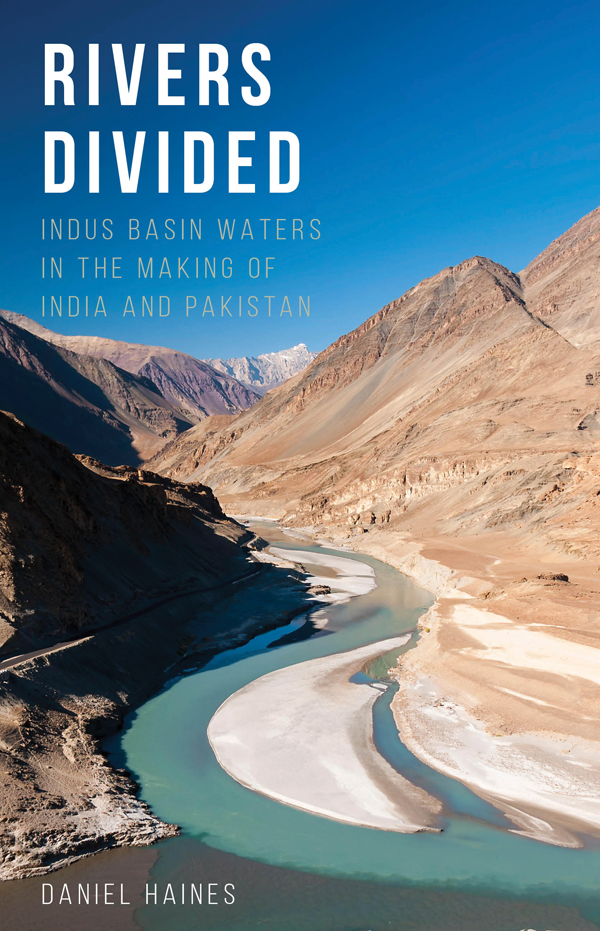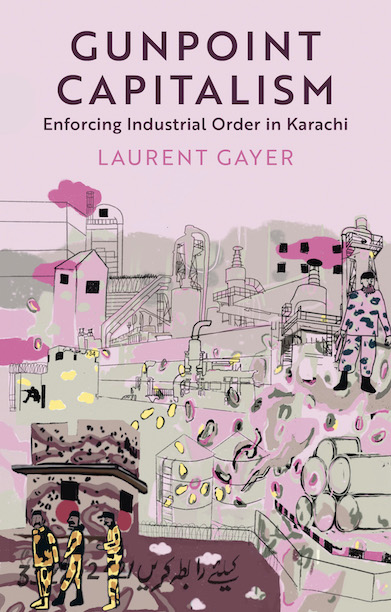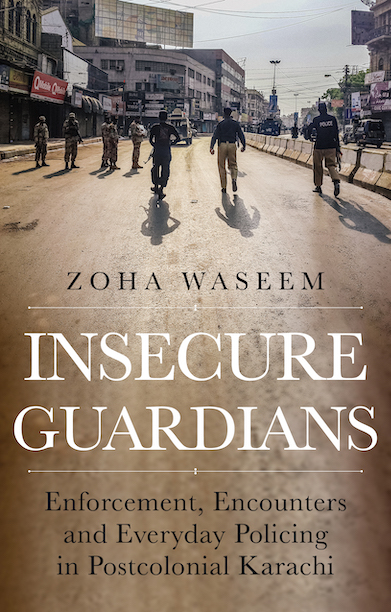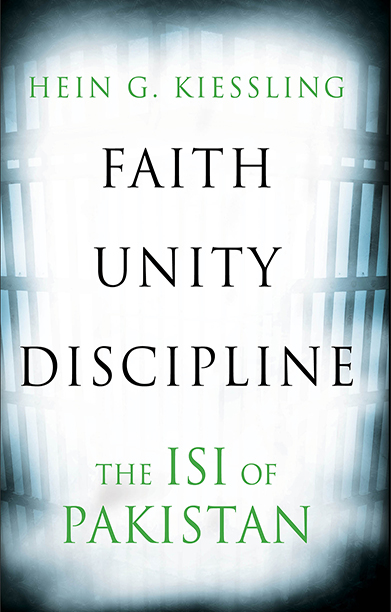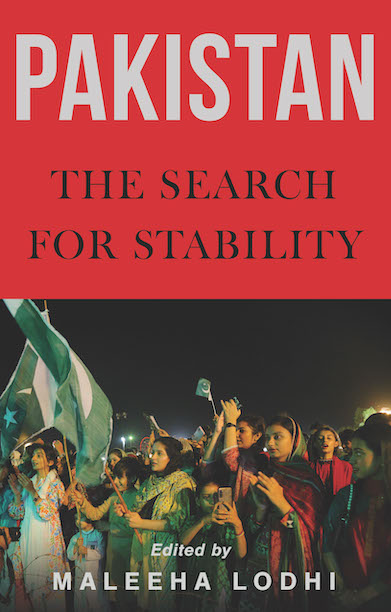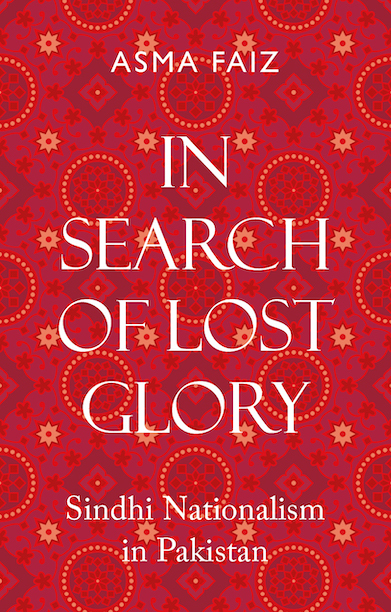Rivers Divided
Indus Basin Waters in the Making of India and Pakistan
Daniel Haines uncovers the history of one of the most important factors in relations between these two South Asian powers — water.
Description
The Indus Waters Treaty is considered a key example of India–Pakistan cooperation, but less has been said about its critical influence on state-making in both countries. Rivers Divided reveals the importance of the Indus Basin river system, and thus control over it, for Indian and Pakistani claims to sovereignty after South Asia’s Partition in 1947. Securing water flows was a key aim for both governments. In 1960 the Indus Waters Treaty ostensibly settled the dispute, but in fact failed to address critical sources of tension. Examples include the role of water in the Kashmir conflict and the riverine geography of Punjab’s militarised border zone.
Despite the recent resurgence of disputes over water-sharing in South Asia, the historical causes and consequences of the region’s flagship natural resources treaty remain little understood. Based on new research in South Asia, the United States and United Kingdom, this book places the Indus dispute, for the first time, in the context of decolonisation and Cold War-era development politics. It examines the discord at local, national and international levels, arguing that we can only explain its importance and longevity in light of India and Pakistan’s state-building initiatives after independence.
Table of contents
Introduction
[1] Water in international relations
[2] Territory and sovereignty
[3] Chapters, scope and sources
Chapter 1: The Problem of Territory
[1] Territory in nationalist thought
[2] Divided lands, divided rivers
[3] Kashmir
Chapter 2: Territorial Hydro-Logics
[1] The development imperative
[2] Towards a water dispute
[2] India’s hydro-logic: absolute sovereignty
[3] Pakistan’s hydro-logic: territorial integrity
Chapter 3: Sovereignty Entanglements in Kashmir
[1] Legal arguments and sovereign realities
[2] Sovereignty, water and Kashmir
[3] The Mangla Dam
[4] Kashmir and the Indus Waters Treaty
Chapter 4: Punjab’s Riverine Borderlands
[1] Making places national
[2] Islands and river geography
[3] 1960 and beyond
Chapter 5: Spaces of Cooperation
[1] ‘A Punjab powder keg’
[2] The ‘natural’ object of development
[3] Jumping scales
[4] The failure of cooperation
Chapter 6: Negotiating International Politics
[1] Playing politics
[2] Moments of opportunity
[3] Paying for geopolitics
Chapter 7: The Phantom of Cooperation
[1] Two river disputes in divided Bengal
[2] The Indus precedent
[3] Sovereignty redux
Conclusion
Reviews
‘Competition for water in the Indus Valley has been a major example of competition for this key resource in the modern world. In this outstanding book, Haines demonstrates the local, national and international forces at work in producing the Indus Waters Treaty of 1960. It is a major contribution to the history of both decolonisation and the environment.’ — Francis Robinson, Professor of the History of South Asia, Royal Holloway, University of London
‘Through the Subcontinent’s long-running disputes and water-sharing agreements, Haines offers a distinctive, fresh account of how new states emerged in South Asia. Rather than viewing state-building as purely ideological or constitutional, Haines shows how everything—from peasants’ concerns to Cold War development projects—shaped ideas and realities of Indo-Pakistani sovereignty.’ — Faisal Devji, Reader in Indian History, St Antony’s College Oxford and author of Muslim Zion: Pakistan as a Political Idea
‘Rivers Divided deftly takes a history of rivers into the realms of state-building, sovereignty negotiation and national identity. Sensitive to the distinctive post-colonial and Cold War contexts, Haines’ unique contribution lies in addressing longer-term processes, not iconic events, intensively exploiting newly available archives in India, Pakistan, the U.K. and U.S.’ — Philip Brown, Professor of History, Ohio State University
‘Both authoritative and accessible, this book is enlightening not only with respect to the background of the 1960 Indus Waters Treaty, but also on the wider importance of access to water for nation-building in India and Pakistan.’ — Ian Talbot, Professor of Modern British History, University of Southampton and author of Pakistan: A New History
‘Excellent and highly readable . . . gripping . . . an excellent contribution to historicizing notions of territory.’ — Humanities and Social Sciences Online
Author(s)
Daniel Haines is Lecturer in Environmental History at the University of Bristol. He has previously taught at Royal Holloway, University of London and Quaid-i-Azam University, Islamabad. He is the author of Building the Empire, Building the Nation: Development, Legitimacy and Hydro-Politics in Sind, 1919-1969.
